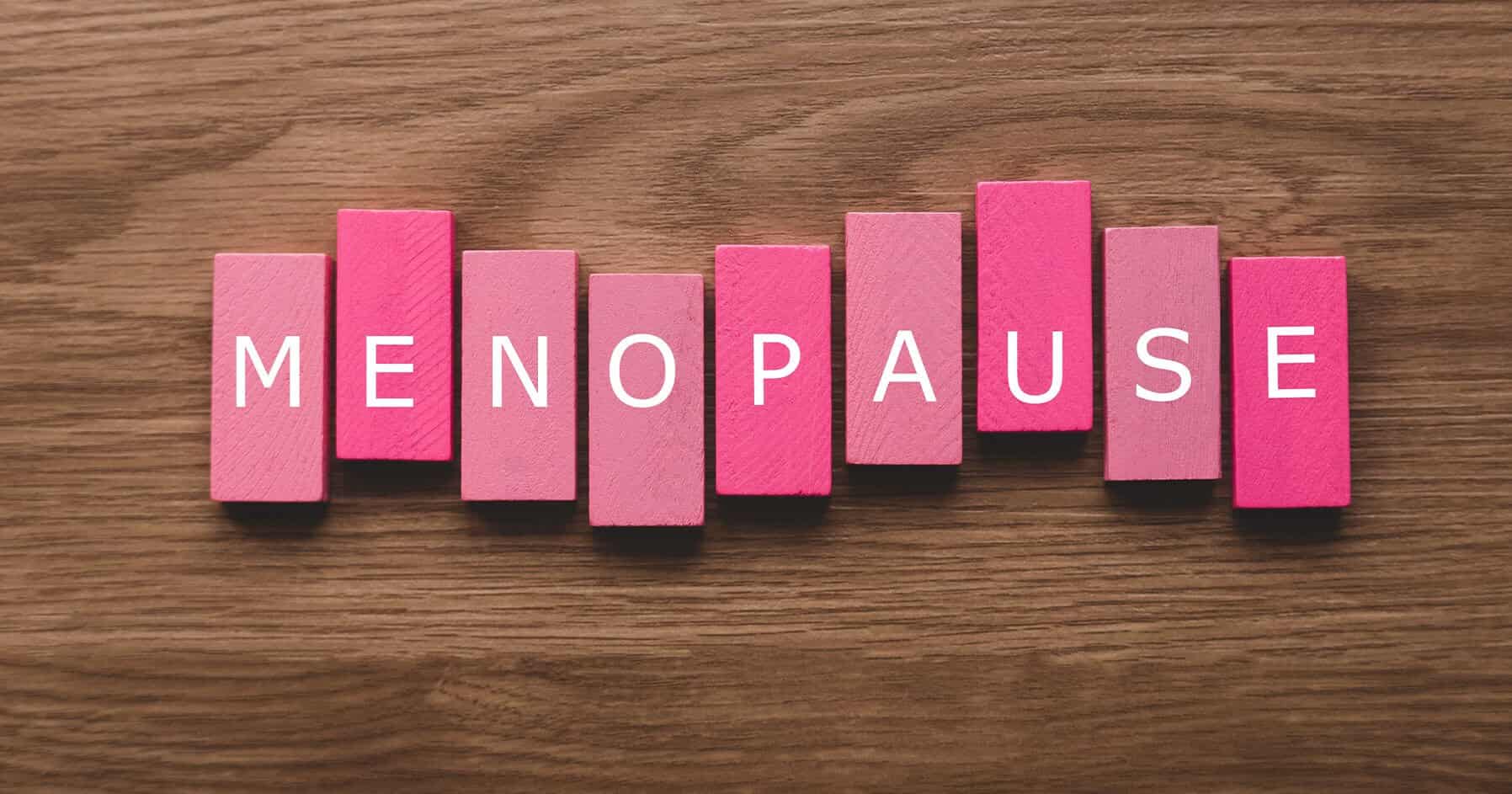Hormonal Changes and Symptoms
As women approach menopause, their ovaries produce fewer hormones, particularly estrogen and progesterone. These hormonal fluctuations lead to a range of symptoms, including hot flashes, night sweats, mood swings, and vaginal dryness. Understanding these changes is crucial in developing effective treatment strategies.
Hormone Replacement Therapy (HRT)
What is HRT?
HRT involves supplementing the body with hormones that are reduced during menopause. The primary hormones used in HRT are estrogen and progesterone, and sometimes testosterone. Estrogen therapy is administered in various forms, including pills, patches, creams, and vaginal rings. Progesterone is often added to protect the uterine lining in women who still have a uterus.
Types of HRT
There are two main types of HRT: estrogen-only therapy (ET) and combination hormone therapy (CHT). ET is suitable for women who have undergone a hysterectomy, as there is no need for progesterone to protect the uterus. CHT is prescribed for women with an intact uterus, as it combines estrogen and progesterone to minimize the risk of endometrial cancer.
Benefits and Risks of HRT
HRT has been shown to effectively alleviate menopausal symptoms, improve bone density, and reduce the risk of fractures. However, it is essential to consider potential risks, such as an increased risk of breast cancer, blood clots, and stroke. The decision to undergo HRT should be individualized, taking into account a woman’s medical history, risk factors, and personal preferences.
Alternative and Complementary Treatments
Lifestyle Modifications
Simple lifestyle changes can have a significant impact on managing menopausal symptoms. Regular exercise, a balanced diet rich in calcium and vitamin D, and stress-reducing techniques like yoga or meditation can contribute to overall well-being during this transitional period.
Herbal Remedies
Some women turn to herbal supplements like black cohosh, red clover, or evening primrose oil to alleviate menopausal symptoms. While these remedies are perceived as natural alternatives, their efficacy and safety require further research. It’s crucial for women to consult with healthcare professionals before incorporating herbal supplements into their treatment plan.
Cognitive-Behavioral Therapy
Cognitive-behavioral therapy (CBT) has shown promise in addressing the emotional aspects of menopause, such as mood swings and anxiety. CBT techniques help women manage stress, enhance coping mechanisms, and improve overall mental well-being during this transformative phase of life.
Emerging Trends and Research
Personalized Medicine
Advancements in medical research are paving the way for personalized menopause management. Genetic testing and biomarker analysis may allow healthcare providers to tailor HRT and other treatments based on an individual’s unique genetic makeup and hormonal profile, optimizing effectiveness and minimizing risks.
Non-Hormonal Therapies
As concerns about the risks associated with HRT persist, researchers are exploring non-hormonal alternatives. Selective serotonin reuptake inhibitors (SSRIs) and serotonin-norepinephrine reuptake inhibitors (SNRIs) traditionally used as antidepressants have demonstrated efficacy in managing hot flashes and mood symptoms associated with menopause.
Long-Term Effects of HRT
Long-term studies are underway to assess the impact of HRT on various health outcomes, including cardiovascular health, bone density, and cognitive function. Understanding the potential benefits and risks over an extended period is essential for providing comprehensive guidance to women considering or undergoing HRT.
Navigating Menopause: A Holistic Approach
The Role of Healthcare Providers
Open and honest communication between women and their healthcare providers is paramount during menopause. Regular check-ups, discussions about symptoms, and an individualized approach to treatment can empower women to navigate this life stage with confidence.
Support Networks
Menopause is a shared experience among women, and building a supportive network can be invaluable. Online forums, local support groups, and discussions with friends and family can provide emotional support and practical advice, helping women feel less isolated during this transformative time.
Conclusion
The Future of Menopause Care
As our understanding of menopause and its management continues to evolve, the future holds promising developments in personalized medicine, non-hormonal therapies, and a more holistic approach to women’s health. By staying informed and working collaboratively with healthcare providers, women can make empowered decisions about their menopausal journey.
In conclusion, navigating menopause involves a combination of medical intervention, lifestyle modifications, and emotional support. By embracing a holistic approach, women can transition through this phase with resilience and maintain optimal health and well-being.


